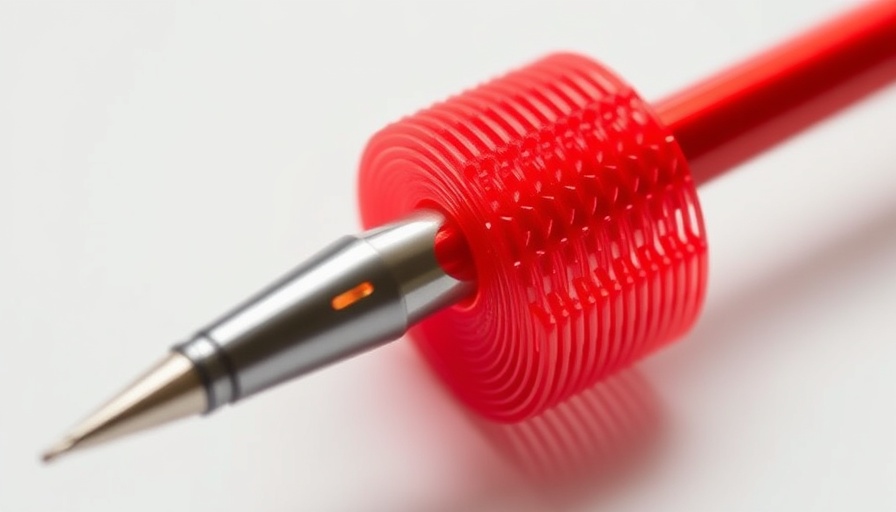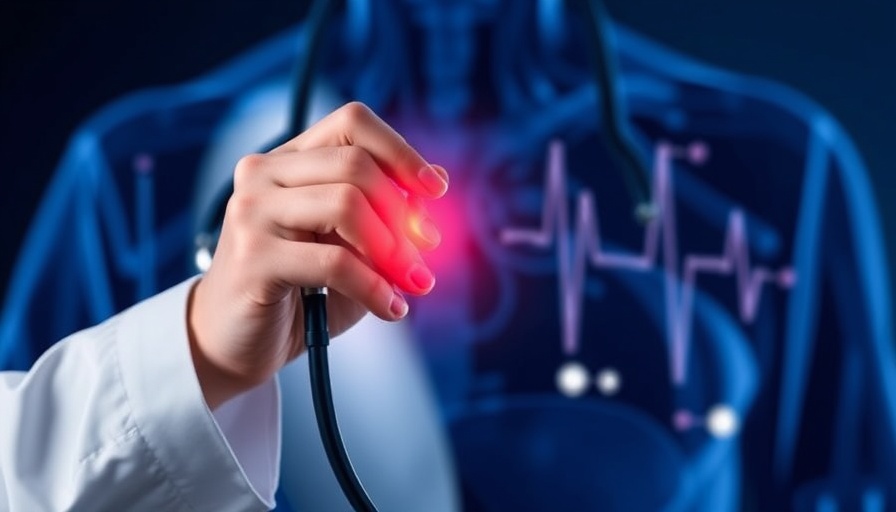
A Revolutionary Tool for Early Parkinson’s Diagnosis
Did you know that around 10 million people worldwide are living with Parkinson’s disease? It's a challenging neurodegenerative condition that disrupts movement and daily life. To improve the chances of early diagnosis, a team of researchers has come up with an innovative solution: a 3D-printed pen that diagnoses Parkinson’s through a simple writing task.
How Does This Magical Pen Work?
This extraordinary pen is filled with magnetic ink and equipped with a soft silicone tip packed with tiny magnetic particles. When the pen moves, the magnetic properties shift, generating electrical signals that are recorded for analysis. This unique mechanism captures handwriting movements with impressive accuracy, converting the act of writing into a diagnostic tool.
AI at Play: The Brain Behind the Technology
Leveraging the power of artificial intelligence, machine learning models classify the signals produced during writing. In a pilot study, one model could distinguish between those with Parkinson’s and healthy individuals with an accuracy of about 96.22%. This level of precision presents a promising leap forward in medical diagnostics.
Complementing Traditional Assessment Methods
Experts such as Professor Jun Chen from UCLA emphasize that this pen doesn't replace traditional diagnostic methods but rather complements them. By pinpointing motor symptoms linked to handwriting—like size and tremor—it may help clinicians observe subtle changes over time.
Accessibility and Potential Impact Around the Globe
The affordability of this technology signifies a major breakthrough, particularly in lower-income countries where access to sophisticated diagnostic equipment may be limited. By developing a cost-effective tool that anyone can use, the research team hopes to increase awareness and promote early detection of Parkinson's disease worldwide.
Reflections on Future Innovations in Healthcare
This advancement sparks conversations about the future of technology in healthcare. How many more lives could we improve with practical tools that analyze daily activities? By bridging the gap between technology and health, we may witness a transformational shift in patient care that embraces simplicity and accessibility.
 Add Row
Add Row  Add
Add 




Write A Comment